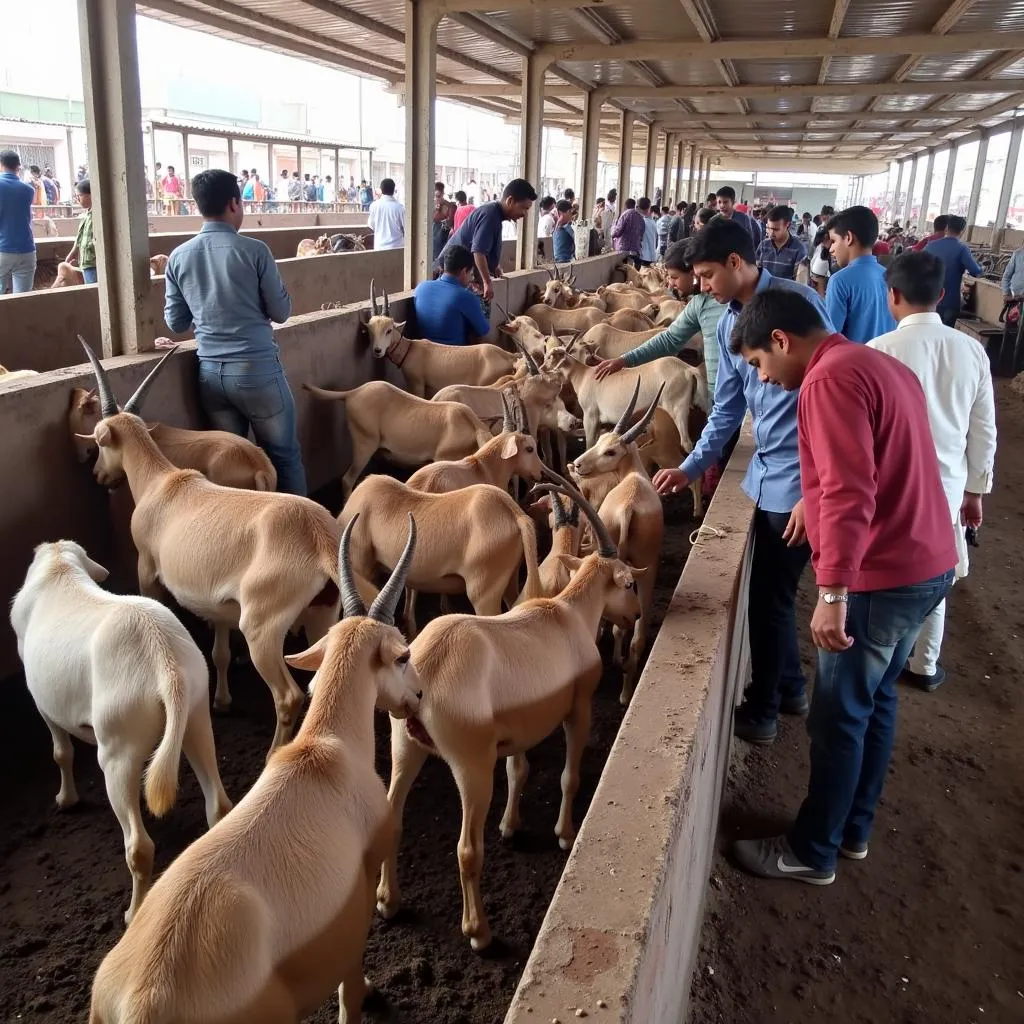African Grey Parrot Socialising: A Guide to Building a Strong Bond
African Grey Parrot Socialising is crucial for their emotional well-being and overall happiness. These intelligent and social creatures thrive on interaction and companionship, and neglecting their social needs can lead to various behavioral issues. In this comprehensive guide, we’ll delve into the intricacies of African grey parrot socialising, providing you with practical tips and insights to foster a strong and healthy bond with your feathered companion.
Understanding the Social Needs of African Grey Parrots
In their natural habitat, African grey parrots live in flocks, engaging in constant communication and interaction. They rely on each other for safety, comfort, and mental stimulation. When kept as pets, it’s essential to replicate these social dynamics as closely as possible.
African greys are highly intelligent birds capable of forming deep emotional bonds with their human caregivers. They crave attention, mental stimulation, and opportunities to interact with their flock, whether human or avian.
Establishing a Strong Foundation for Socialisation
The key to successful African grey parrot socialising lies in building a strong foundation based on trust and positive reinforcement. Here are some essential tips to get you started:
- Early Socialisation is Key: Start socialising your African grey parrot from a young age. Baby parrots are more adaptable and open to new experiences.
- Positive Reinforcement: Use positive reinforcement techniques such as verbal praise, head scratches, and treats to reward desired behaviours.
- Patience is Paramount: Building trust takes time and patience. Be understanding and avoid forcing interaction.
Creating a Stimulating Environment for Social Interaction
A stimulating environment plays a vital role in encouraging social interaction. Here’s how to create an engaging space for your African grey parrot:
- Provide Ample Space: A spacious cage is essential for your parrot’s physical and mental well-being. Ensure it’s large enough for them to move around freely and has plenty of toys to keep them entertained.
- Offer a Variety of Toys: African greys are intelligent birds that need mental stimulation. Provide a variety of toys, such as foraging toys, puzzles, and interactive games.
- Create a “Bird-Safe” Room: Designate a room in your house where your parrot can safely fly and explore under your supervision.
Interactive Play and Training for Social Bonding
Interactive play and training are excellent ways to strengthen your bond with your African grey parrot. Here are some engaging activities you can try:
- Target Training: Teach your parrot to touch a target stick. This is a great way to build their confidence and teach them basic commands.
- Foraging Games: Hide treats around their cage or in foraging toys to encourage natural foraging behaviours.
- Trick Training: Teach your parrot fun tricks like waving, bowing, or shaking their head. This not only provides mental stimulation but also strengthens your bond.
Socialisation with Other Birds and Humans
While your African grey parrot sees you as part of their flock, interaction with other birds and humans is equally important.
- Supervised Out-of-Cage Time: Allow your parrot supervised time outside their cage to interact with other family members and pets.
- Consider a Companion Bird: If possible, consider getting another African grey parrot as a companion. However, ensure you have ample space and resources to care for two birds.
- Bird Clubs and Playdates: Join a local bird club or arrange playdates with other bird owners to provide your parrot with opportunities to socialise with their kind.
Common Socialisation Challenges and Solutions
Even with the best efforts, you might encounter some challenges during the socialisation process. Here are some common issues and how to address them:
- Aggression: Aggression can stem from fear, territoriality, or hormonal changes. Consult with an avian veterinarian or a certified parrot behaviour consultant to identify the root cause and develop a behaviour modification plan.
- Screaming: African greys are known for their loud vocalizations. While some screaming is normal, excessive screaming can indicate boredom, loneliness, or anxiety. Ensure your parrot receives enough attention, mental stimulation, and environmental enrichment.
- Feather Plucking: Feather plucking is a complex issue that can have various underlying causes, including stress, boredom, or medical conditions. Consult with an avian veterinarian to rule out any medical issues and address potential environmental or psychological factors.
Conclusion
African grey parrot socialising is an ongoing process that requires patience, understanding, and dedication. By following the tips outlined in this guide and providing a loving and stimulating environment, you can build a strong and rewarding bond with your feathered companion. Remember, a well-socialised African grey parrot is a happy, healthy, and well-adjusted companion that will enrich your life for years to come.



